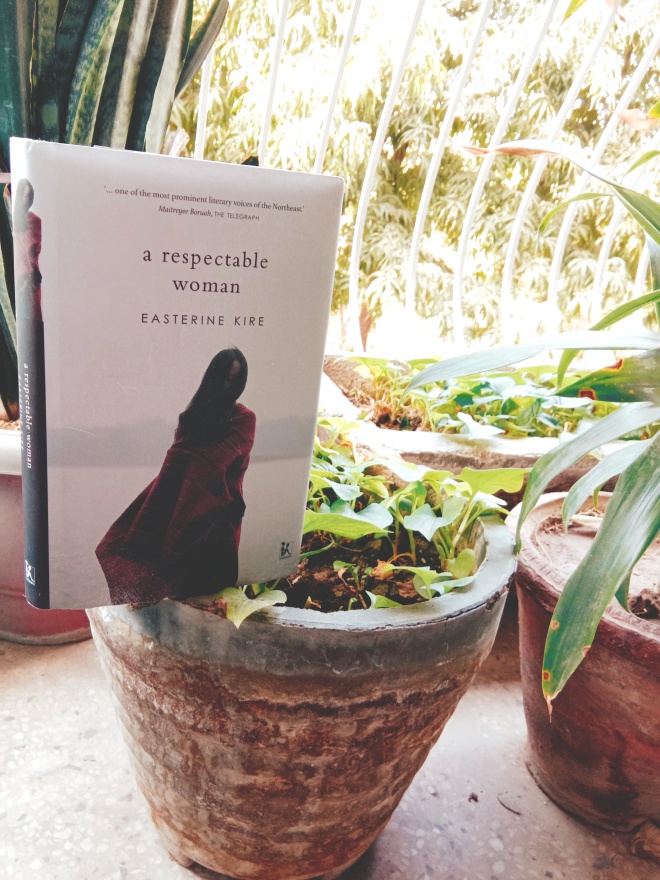
A Respectable Woman by Easterine Kire
Published by: Zubaan Books
Fiction: Fiction 182 pages
Rating: 3.50/5 stars
Book summary:
The Second World War has just ended. The Japanese have departed. In Nagaland in northeast India—one of the key theaters of the battle—political unrest and tremendous social changes have generated new social problems. For returning soldiers and others dealing with the aftermath of war, alcohol provides some relief and a way of dealing with new realities. The Church, a major presence, joins the battle against alcoholism with its support of the Nagaland Liquor Total Prohibition Act. This mandate, however, only leads to bootlegging and the more insidious problem of domestic violence. Forty years after the event, Khonuo recreates this moment, stitching together her memories, bit by painful bit, for her young daughter.
As memory passes from mother to daughter, the narrative glides seamlessly into the present, a moment in which Nagaland, much transformed, confronts different realities and challenges. Using storytelling traditions so typical of her region, Kire leads the reader gently into a world where history and memory meld — where, through this blurring, a young woman comes to understand the legacy of her parents and her land.
About the author:
Born Easterine Kire (Iralu) is a poet, writer, and novelist from Nagaland. has written several books in English including three collections of poetry and short stories. Her first novel, A Naga Village Remembered, was the first-ever Naga novel to be published. Easterine has translated 200 oral poems from her native language, Tenyidie, into English.
*My Review:
*Thank you Zubaan books for the review copy. All opinions are my own.
Easterine Kire’s latest novel A Respectable Woman is partly a fictional memoir of the life and times of a generation of people in Nagaland and partly a narrative of how events shape the course of the lives of people. A slim volume at 182 pages, the book starts with Kevinuo narrating to us the memories of her mother Khonuo growing up in Kohima during the post Second World War era and then seamlessly merges into events unfolding around Kevinuo. The device of writing the story that a mother tells her daughter is an interesting context – that of the age-old tradition of oral history found in many societies across the world.
As we read about Khonuo and her family, her neighbours and community elders; we are able to map the way the lives of people and their own age old beliefs are first at contrast and then slowly shaped by the exposure to the larger scheme of things: the beginning of Christianity in the Hills and then the British rule followed by the tenuous relation with India.
The book brings out the friction between the old ways and the new settle down but how the Second World War brings things to a head. The after effects of a global war on the lives of simple villagers and how everyone tries to move on is evocative: young men joining the army leaving parents, the presence of soldiers and the tension they create, the fear and sometimes, bonds forming amongst opposing sides. As the narrative begins to focus on Kevinuo, we see how the socio political landscape of Nagaland has changed: the growing militarization that leaves many scarred and the alcohol abuse that affects domestic lives.
Look up this book if you are keen to know about Nagaland and its people but if you are looking for a book with characters that stay with you, this might not work for you. I felt that the bigger canvas of the book in terms of the history and the memories associated with them weighed down the narrative as a whole.